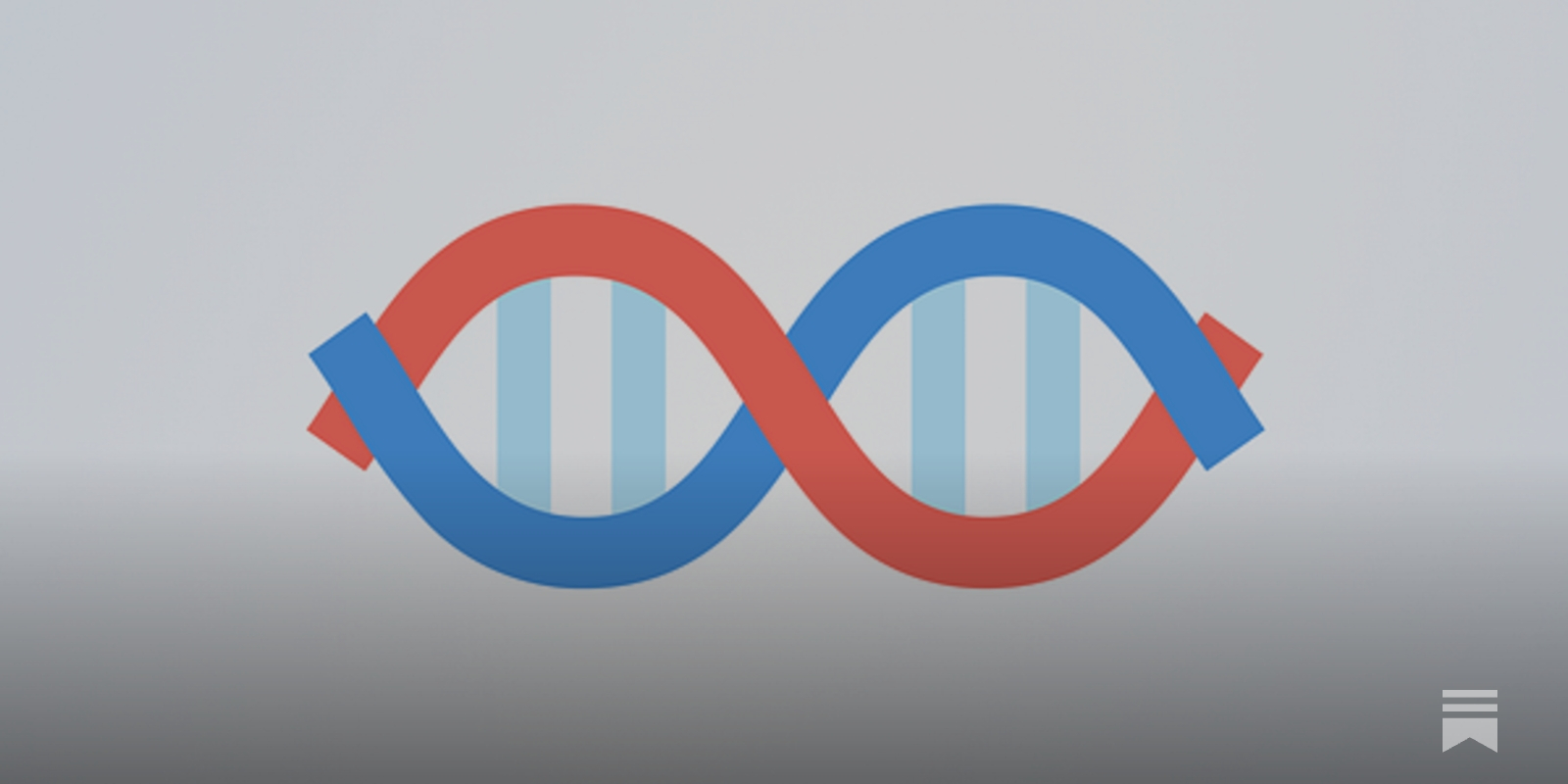Menu‣
Fiction The Hike
Other Projects Arcadia DEEPWAVE
You can comment on everything. Or give me (harsh) personal feedback.
Made with 💙 by me (how to).
Dedicated to my family.
Status: Half-Joke
It’s chaos. Just pure chaos.
This is a rant against trying to predict the future. Against using economic models for after the time when aging science has upended all fundamental economic axioms.
As Hari Seldon in Foundation said:
"The validity of my predictions is dependent on the assumption that the human species will continue to react to stimuli in the same way.”
The fact that you will die is the most fundamental determinant of your behavior. It underlies everything. If you add even the slightest bit of uncertainty, you wake up in a new world. One with different game theoretic conditions.
Solving aging will change everything. The economics of social systems, pensions, war, health care. The value of a life will increase by orders of magnitude, the value of an hour of your time decrease by the same. How can anyone seriously think such a world can be modeled?
And that doesn’t even take into account the short-term chaos: Trillions of dollars in savings from the healthcare system overnight? Sounds like a 30% reduction in GDP to me. Less kids, because there is less pressure for women? Or the first truly multigenerational households? Pension funds … puff? I have so many questions, and so should you, economist.
Remember: When your grandma starts looking younger than you, all hell breaks loose. Longevity is the science of the chaotic good, no one else.
Last edited | Name |
|---|---|
One of my favorites of all time, also watch the Super30 trailer.
This inspires most of my thinking:


